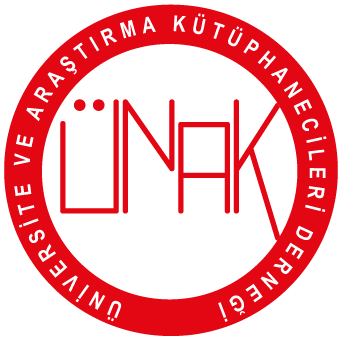The Use of the Library and Lifelong Learning in Faith-Based Private Universities in Nigeria
DOI:
https://doi.org/10.15612/BD.2019.702Keywords:
Lifelong learning, use of library, information literacy, user education, universities, academic libraries, NigeriaAbstract
The purpose of the study was to investigate the suitability of the use of the library course curricula in private universities owned by religious organizations in Nigeria to make undergraduates lifelong learners. It also evaluated the modes and periods of course delivery for their appropriateness and adequacy to achieve the goal of making the students lifelong learners. The survey design was adopted for the study and the content analysis method was used to compare the course contents of the use of the library programmes in the universities with the five information literacy competencies. Results of the study showed that the use of the library curricula contained items that teach the five information literacy competencies including abilities to locate, access, retrieve, evaluate and use information effectively and efficiently. It was also found that the course delivery period in the universities was usually one semester of 12 weeks and the usual mode of delivery was classroom face-to-face approach. The findings implied that the contents of the course were suitable to make students lifelong learners but the mode and period of delivery may not be fit enough for the purpose. The practical implication of the findings of the study is that the universities should review the timing and methods of course delivery such that it would impart lifelong learning skills to the students. The findings of the study would assist universities and other higher education institutions to place high priority on the lifelong learning goals in designing the use of the library programmes.
Downloads
Published
How to Cite
Issue
Section

This work is licensed under a Creative Commons Attribution 4.0 International License.






